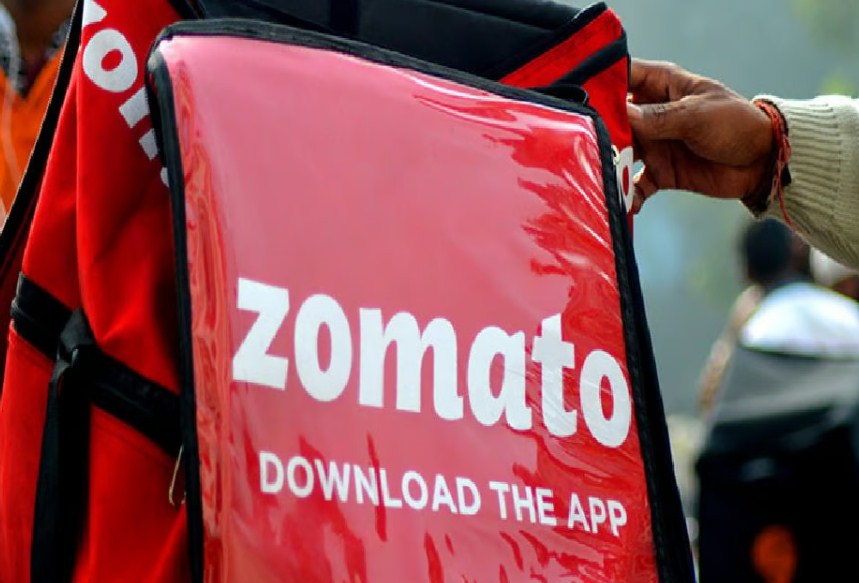Zomato, one of India’s leading food delivery platforms, has received a show cause notice from the tax authorities, demanding Rs 401.70 crore in tax liability for the period between October 2019 and March 31, 2022. The notice, issued by the Directorate General of GST Intelligence (DGGI), Pune Zonal Unit, alleges that Zomato has not paid GST on the delivery charges collected from the customers.
Zomato denies tax evasion
Zomato has denied any tax evasion and said that it will contest the notice. In a regulatory filing, Zomato said that it has been complying with all the applicable laws and regulations and that it has not received any communication from the DGGI regarding the tax liability. Zomato also said that it has been paying GST on the food orders as per the prescribed rates and that the delivery charges are not subject to GST as they are passed on to the delivery partners.
Zomato said that it will take appropriate legal recourse to protect its interests and that the notice will not have any material impact on its financial position or operations.

DGGI claims delivery is a service
The DGGI, however, has a different view on the matter. It claims that food delivery is a service and that Zomato is liable to pay GST at an 18% rate on the delivery charges. The DGGI also said that Zomato has not furnished any documentary evidence to prove that the delivery charges are paid to the delivery partners and that Zomato is merely acting as an intermediary.
The DGGI has given Zomato 15 days to respond to the notice and explain why it should not be held liable for the tax dues. The DGGI has also warned Zomato of penal action if it fails to comply with the notice.
Zomato and Swiggy face similar tax issues
Zomato is not the only food delivery platform that is facing tax troubles. Swiggy, Zomato’s main rival, has also received a similar notice from the DGGI, seeking Rs 350 crore in tax liability for the same period. Swiggy has also denied any tax evasion and said that it will challenge the notice.
The tax dispute between the food delivery platforms and the DGGI stems from the lack of clarity on the taxation of delivery charges. The industry argues that the delivery charges are not subject to GST as they are paid to the delivery partners who are below the GST threshold of Rs 20 lakh. The industry also says that the delivery partners are independent contractors and not employees of the platforms.
However, the tax authorities contend that the delivery charges are part of the food delivery service and that the platforms are responsible for paying GST on them. The tax authorities also say that the delivery partners are not independent contractors but agents of the platforms.
The GST Council, the apex body that decides on GST matters, has not issued any clear guidelines on this issue, leading to confusion and litigation. Experts suggest that the GST Council should make a prospective change and mandate the platforms to pay GST on the delivery charges at a 5% rate, similar to the food orders.

Comments